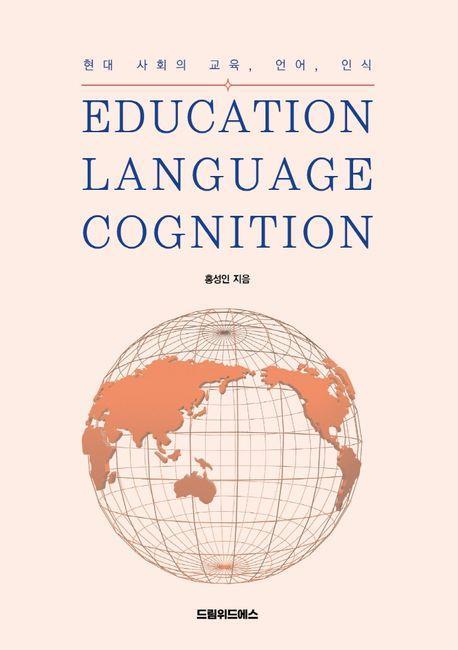기적의 영어회화 스타트 32 또는 Education, Language, Cognition
땅끝
2025-01-04 07:51
172
0
본문
기적의 영어회화 스타트 32

도서명 : 기적의 영어회화 스타트 32
저자/출판사 : 류의열, 반석출판사
쪽수 : 392쪽
출판일 : 2021-09-25
ISBN : 9788971729465
정가 : 17000
Unit 1 영어를 말하다 (주어 + 동사)
Unit 2 영어를 좀 더 길게 말하다 (목적격)
Unit 3 소유격과 단순현재 의문문
Unit 4 He studies English (단순현재의 의미)
Unit 5 May I vs Can I (공손한 표현과 단순현재 부정문)
Unit 6 He doesn’t do vs He did (단순현재부정, 과거형)
Unit 7 사과는 영어에서 apple일까요? (a/an의 개념)
Unit 8 작년에 내가 뭘 했더라? (규칙동사 과거형)
Unit 9 불규칙 과거 동사
Unit 10 과거형의 의문문과 부정문
Unit 11 will(~할 거예요)의 표현
Unit 12 의문사와 the의 용법
Unit 13 하는 일, 할 일, 했던 일 (단순현재, 미래, 과거시제)
Unit 14 형용사를 설명해주는 특별한 동사
Unit 15 단순현재와 과거시제
Unit 16 지금 하고 있는 일 (현재진행형) prologue
Unit 17 장소를 나타내는 전치사 at/in/on
Unit 18 영어를 말할 때 숨어 있는 주어를 찾아라!
Unit 19 Who do you like? vs Who are you?
Unit 20 비인칭주어 It과 some vs any
Unit 21 it의 용법과 〈to + 동사〉
Unit 22 can, may 그리고 should
Unit 23 be동사의 과거형과 There is / There are
Unit 24 ~을 꼭 해야 해 (have to, has to)
Unit 25 무언가를 추측할 때
Unit 26 be동사, do동사 그리고 명령문
Unit 27 조동사의 정리
Unit 28 자주 쓰는 동사 표현 (have, make, do)
Unit 29 명사의 소유격과 지시대명사
Unit 30 형용사를 사용할 수 있는 동사들
Unit 31 just, already, yet과 ago
Unit 32 〈동사 + -ing〉 vs 〈동사 + to + 동사〉의 차이점
부 록
암기 단어장
연습문제 정답
Education, Language, Cognition

도서명 : Education, Language, Cognition
저자/출판사 : 홍성인, 드림위드에스
쪽수 : 188쪽
출판일 : 2021-09-23
ISBN : 9791197445378
정가 : 15000
PREFACE
Basic Concepts
Problematic Issues
New Initiatives
Ⅰ. Introduction
Ⅱ. Current Issues in terms of the fundamentals
2.1. How to teach the next generation?
2.2. Paradox of the Poverty of the Stimulus
2.3. The Richness of the Stimulus
Ⅲ. The Problematic Conditions
3.1. No poverty No curiosity; leaky vessel
3.2. Output-Centered Society
3.3. Derivation Problems
3.4. Minimized Capacity in the Maximal Conditions
3.5. Entropy and Authenticity
3.6. Entropy and Integrity; Going up the River
Ⅳ. Approach
4.1. The Possibility of Sociolinguistics
4.2. Language Instinct
4.3. Linguistics
4.3.1. Dimensional Disparity
4.3.2. Parameter-Centered Principle
4.3.3. Cognition by Orderliness and Performance
4.3.3.1. The Scope of Proof
4.3.4. Linguistic Analogy
4.3.5. Metaphor and Embodiment
4.3.6. Modularity
Ⅴ. Additional Topics
5.1. Linguistic Faculty and Cognitive Capacity
5.2. Movement and Cognition
5.3. Relativized Minimality
5.4. Merge
5.5. Case
5.6. Phonology and Cognition
5.7. Modality
Ⅵ. Conclusion
Voice Assimilation Abstract
References


댓글목록0